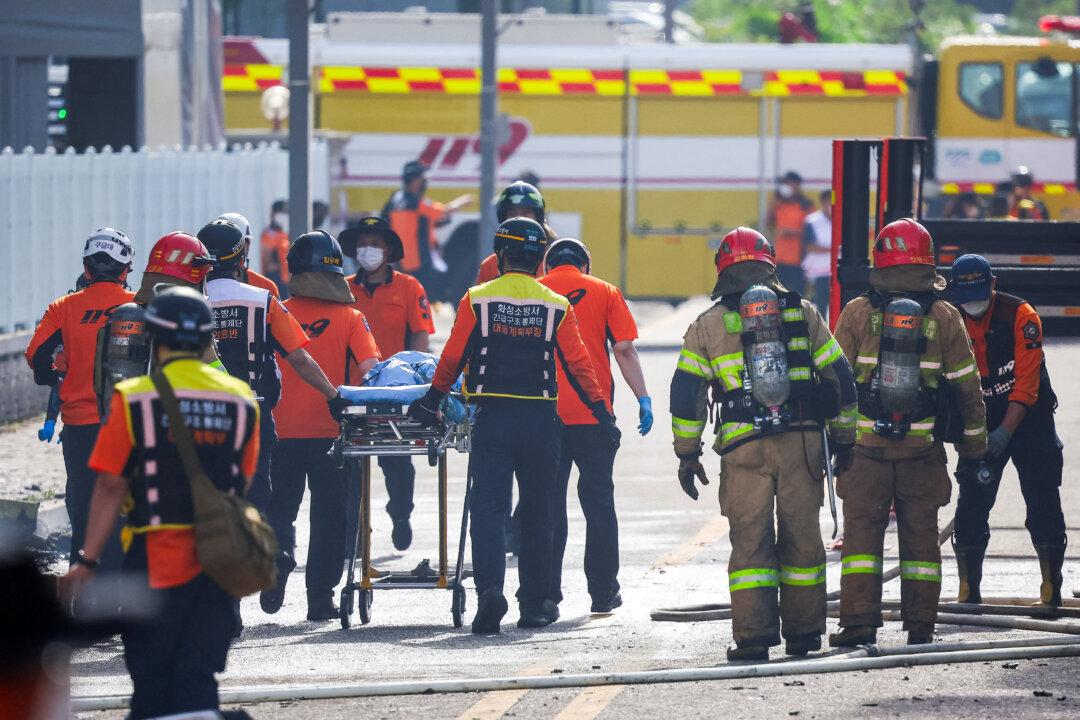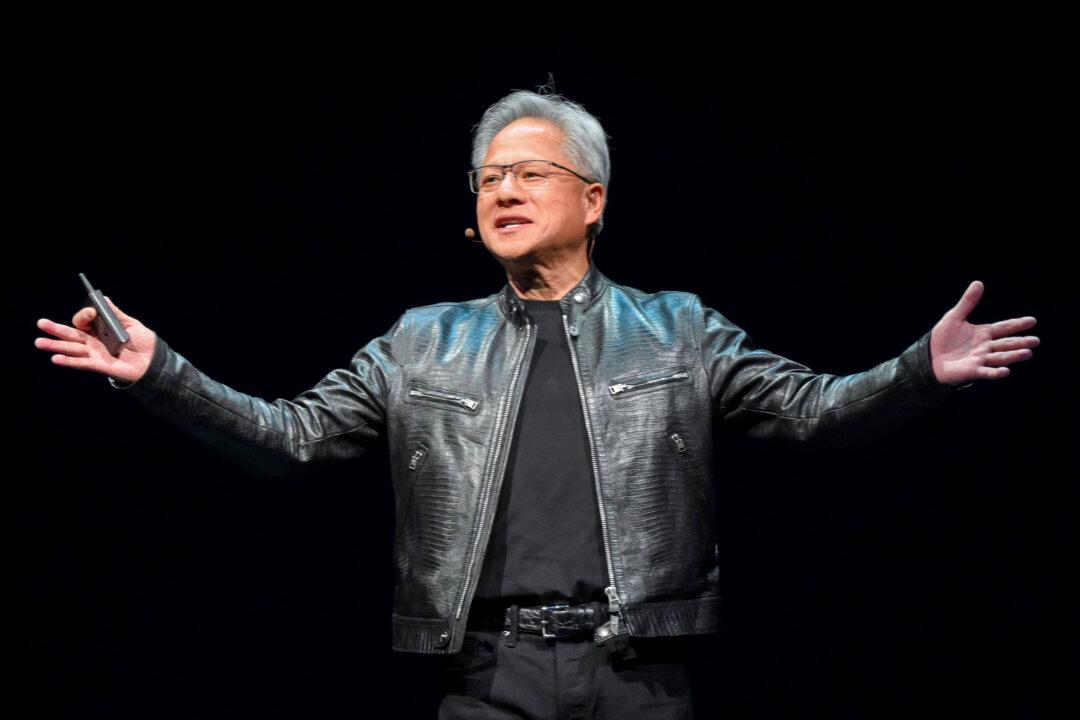A fire at a lithium battery factory in South Korea has resulted in serious casualties, making it one of the most devastating fires in recent years.
On June 24 at 10 a.m., a fire broke out at Aricell, a South Korean lithium battery manufacturer in Hwaseong City. The blaze raged for five hours. According to the latest reports, 23 people were confirmed dead, most of them female Chinese migrant workers. Additionally, eight people were injured and one person is missing.





